Nachdem wir von Kombuchery mit der Ernährungsberaterin Adrienne Tonner über unseren Kombucha gesprochen haben, habe ich die Gelegenheit gleich genutzt und Adrienne von OhMyGut ein paar Fragen über ihr Steckenpferd die darmgesunde Ernährung gestellt. Ihre aufschlussreichen Antworten möchte ich hier mit dir teilen. Du erfährst mehr über die Auswirkung der Darmgesundheit auf unser Immunsystem und unsere Psyche, wie fantastisch darmfreundliche Ernährung schmecken kann und wie du ganz einfach mit den ersten Schritte für deine Darmgesundheit beginnen kannst. Im Anschluss findest du Adriennes Immunbooster Bowl mit unserem leckeren Kombucha.

Magst du dich kurz vorstellen und den Kern deiner Arbeit bzw. Leidenschaft erklären?
Ich bin Adrienne. Ich bin Ernährungsberaterin, Kochbuchautorin und Wissens- und Foodbloggerin auf ohmygut.de, dem gesunden Foodblog, bei dem sich alles um eine darmfreundliche Ernährung dreht. Als ich meine Ausbildung zur Ernährungsberaterin gemacht habe, wurde mir die Bedeutung des Darms für unsere ganzheitliche Gesundheit erst so richtig bewusst. Er ist mit unserem gesamten Organismus in enger Verbindung. Dabei war der Darm lange Zeit ein wenig beachtetes Organ, dem man viel mehr Aufmerksamkeit widmen sollte. Bei meinen Spezialisierung auf das Thema habe ich viel Fachliteratur zum Thema Darmgesundheit gefunden, aber leider nur weniger kulinarische Inspiration, die wirklich Lust auf eine darmfreundliche Ernährung macht. Also habe ich gedacht: „Gut. Adrienne, dann kümmerst du dich jetzt darum und zeigst, wie fantastische darmfreundliche Ernährung schmecken kann!“

Ich würde gerne für Kombuchery auf das Thema Darmgesundheit mit dir eingehen. Wie wichtig ist der Darm für unsere Gesundheit, unser Wohlbefinden und unsere Psyche?
Enorm wichtig. Über 70 % unserer Immunabwehrzellen schlummern im Darm. Ist unsere Darmschleimhaut gesund und die Darmflora in einer gesunden Balance, dann ist auch unser Immunsystem stärker. Wir sind nicht so anfällig für Infektionserkrankungen, was in heutigen Zeiten ja immer wichtiger wird.
Unser Darm ist zudem das einzige Organ, das unabhängig vom Gehirn arbeiten kann und sein eigenes Nervensystem mitbringt. Laut Forschungen besteht es zu einem Großteil aus Gewebestoffen, die auch im Gehirn anzutreffen sind. Zudem ist der Darm in der Lage mit dem Gehirn über Neurotransmitter zu kommunizieren. Dies sind Hormone wie Dopamin, Adrenalin oder Serotonin. Dies passiert über die sogenannte Darm-Hirn-Achse. Dadurch hat unser Darm einen direkten Einfluss auf unsere Psyche, unser Denken und Fühlen.
Ein kleines Beispiel: Etwa 95 % des Gute-Laune-Hormons Serotonins werden im Darm gebildet. Wenn wir uns gut ernähren und unserem Körper so bei der Serotonin-Produktion helfen, dann können wir uns im wahrsten Sinne des Wortes mit Hilfe unseres Darms glücklich futtern. Irre, oder?
Insbesondere die Themen Entzündungshemmung und der Einfluss von Zucker und Zuckerersatzstoffen sind immer mehr in den Fokus gerückt.
1. Es wird immer wieder von Entzündungsherden im Körper geredet. Ist das auch für gesunde Menschen wichtig? Auch im Hinblick auf die Darmgesundheit?
In unserer westlichen Ernährung haben wir faktisch die Tendenz zu viel entzündungsfördernde Stoffe und zu wenig entzündungshemmende Lebensmittel zu essen. Dies führt zu einem Ungleichgewicht und kann begünstigen, dass heimliche Entzündungen im Körper entstehen.
Man muss wissen: Unser Körper ist ein wahnsinnig faszinierender Apparat, der sich ständig regeneriert und versucht kleinen Entzündungen wieder auszumerzen. Ständige Befeuerung mit entzündungsfördernden Lebensmitteln wie Transfetten, Alkohol, Zucker, tierischen gesättigten Fetten oder Konservierungsstoffen und Emulgatoren, die unsere Darmschleimhaut angreifen, können den Körper aber langfristig überfordern. Dann können Entzündungen bleiben. Oft bemerken wir die Entzündungen im Darm gar nicht direkt. Sie drücken sich oft durch ganz andere Symptome fernab des Darms aus: Müdigkeit, schlechte Stimmung, Konzentrationsschwierigkeiten, Hautprobleme, Neurodermitis, Infektionsanfälligkeit, Allergien o.Ä. Hier würde man im ersten Augenblick nicht an eine Entzündung im Darm denken. Ich empfehle immer sehr selbst achtsam mit sich zu sein und seine Ernährung und wie man sich damit fühlt zu hinterfragen. Wenn ich als „gesunder Mensch“ merke, dass ich einen eher entzündungsfördernden Ernährungsstil lebe und erste körperliche Reaktionen darauf wahrnehme, dann wäre es sicher nicht verkehrt seiner Darmgesundheit etwas mehr Beachtung schenken, Entzündungsförderer zu reduzieren und darmfreundlicher zu essen.
2. Denkst du die unterschiedlichen Zuckerarten wirken unterschiedlich auf den Körper? Kannst du dir vorstellen, das der verhältnismäßig geringe Zuckeranteil in unserem Kombucha fast schon unbedeutend wirkt, wenn man bedenkt, was für eine Fülle an Nährstoffen und guten Bakterien er uns schenkt?
Zucker
Dass mit den Zucker ist so eine Sache. Es gibt viele Zuckeralternativen auf dem Markt, die uns das gute Gefühl geben, ein Tick gesünder zu essen. Doch faktisch sind Agavendicksaft, Ahornsirup, Honig, Reissirup, Rohrzucker usw. auch nur Zucker. Sie bestehen wie Zucker aus einfachen, schnell verstoffwechselbaren Zuckermolekülen: Fruktose und Glukose. Klar, eine Dattel oder Honig enthalten neben Zucker auch noch ein paar Mineralstoffe, was natürlich im Verhältnis besser ist als ein stark verarbeiteter raffinierter Zucker, der gänzlich vitalstofffrei ist. Aber am Ende bleibt es Zucker. Er bringt den Blutzuckerspiegel durcheinander, fördert Heißhunger, wirkt entzündungsfördernd und hemmt die Fettverbrennung.
Die einzige Ausnahme, die ich zum Süßen wirklich empfehlen kann, ist Yacon Sirup. Hier liegen die Fructose-Moleküle nämlich als lange fest miteinander verbundene Fructoseketten vor. Hier spricht man von Fruktanen. Und diese werden nicht wie Zucker, sondern wie präbiotische Ballaststoffe vom Darm verstoffwechselt. Ballaststoffe bieten den Darmbakterien Nahrung, was eine gesunde Darmflora fördert zudem halten sie den Blutzuckerspiegel stabil. Für alle, für die Yacon interessant ist, möchte ich yacomo-food.com ans Herz legen. Hier gibt es Yacon Sirup nachhaltig verpackt in Bio-Qualität zum fairen Preis.
Kommen wir aber nun zum Kombucha. Ich finde, das ist ein wirklich spannendes Produkt. Zum einen muss man einmal bedenken, dass der Zucker in diesem Produkt eine echte Daseinsberechtigung hat, weil er der Nährboden für die Fermentation ist. Der Zucker wird im Fermentationsprozess zu einem großen Teil umgewandelt. Das was übrig bleibt, ist bei Kombuchery erfreulicherweise wirklich nicht viel Zucker. Kombucha kann bis zu 10 % Zucker enthalten. Kombuchery liegt weit darunter und darum empfehle ich es auch gerne als Limo-Alternative. Die Kombi aus wenig Zucker gepaart mit lebenden Mikroorganismen und Nährstoffen, ist ein super Mix. Da ist die geringe Menge an Zucker in meinen. Augen total vertretbar. Die Summe macht es am Ende aus. Kombucha finde ich übrigens auch für Veganer hochspannend. Denn durch die Fermentation wird Vitamin B12 gebildet, welches durch natürliche Quellen nur schwer aufzunehmen ist.
Mit Ballaststoffen, Probiotika und Präbiotika können wir unseren Darm aufpäppeln. Magst du die drei Begriffe kurz erklären?
Ballaststoffe
Ballaststoffe sind Pflanzenbestandteile, die von unseren Verdauungsenzymen nicht aufgespalten werden können. So gelangen sie unverdaut in den Dickdarm, wo die meisten unsere Darmbakterien beheimatet sind. Sie dienen unseren Bakterien als Nahrung. Genau wie bei uns Menschen hilft Nahrung den Bakterien zu wachsen und zu gedeihen. Je besser es den guten wohltuenden Bakterien geht, desto besser geht es auch uns. Darum sollten wir immer ausreichend Ballaststoffe in unsere Ernährung einbauen. Laut einer Nationalen Verzehrstudie liegen viele Deutsche aber unter den empfohlenen Mindestwert von 30 g Ballaststoffen pro Tag. Leider.
Präbiotika
Präbiotika sind eine besondere Form der Ballaststoffe. Sie sind nicht nur Bakterienfutter, sie steigern auch die Aktivität der Bakterien und regen ihr Wachstum und ihre Vermehrung an. Bei der Verdauung von Präbiotika entstehen Säuren, die positiv auf unsere Darmschleimhaut wirken und ein günstiges Klima für die wohltuenden Bakterien in unserem Darm schaffen.
Probiotika
Probiotika sind lebende Bakterienkulturen, die z. B. durch Fermentation oder eine langen Reifeprozess entstehen. Sie sind sowas wie Gastarbeiter, die sich über den Nahrungsweg ihren Weg zum Darm bahnen. Damit sie einen positiven Effekt auf die Darmflora haben können, müssen sie jedoch in ausreichender Menge und vor allem regelmäßig gegessen, getrunken oder eingenommen werden. Denn Probiotika von außen haben es sehr viel schwerer sich im Darm anzusiedeln. Die bereits etablierten Bakterien verteidigen nämlich ihr Territorium.
Wie können wir uns das richtige Verhältnis von guten zu schlechten Darmbakterien vorstellen?
Erst einmal muss man erwähnen, dass das klassische Gut-und-Böse-Denken nicht ganz richtig ist. Klar, es gibt Bakterien, die wohltuender wirken als andere. Einige bilden entzündungshemmende Endprodukte, andere eher entzündungsfördernde. Jedoch entscheidet nicht das Bakterium und seine Eigenschaften allein, wie es uns geht, sondern vor allem das richtige Verhältnis der Bakterien zueinander. Jedes Bakterium hat seine Daseinsberechtigung in unserem Darm. Wie in einer gesunden Gesellschaft ist auch im Darm „Diversität“ wichtig! Je mehr unterschiedliche Bakterienstämme wir beheimaten, desto besser.
Wichtig ist, dass die Bakterien, die uns besonders gut tun, immer die Oberhand behalten. Je mehr sie das Zepter in der Hand halten, desto mehr profitiert unsere Gesundheit davon. Mit der richtigen Ernährung können wir dieses Verhältnis gezielt steuern. Denn unterschiedliche Bakterien haben auch unterschiedliche kulinarische Vorlieben. Die besonders wohltuenden Bakterien wie Bifidobakterien, Laktobazillen, Akkermansia muciniphila lieben zum Beispiel Präbiotika. Wer viel davon futtert, der leistet schon einen ersten großen Beitrag für eine bessere Darmbalance.
Was hältst du von Probiotika? Gibt es Merkmale eines guten Probiotikas, auf die jeder achten sollte und kannst du die Einnahme empfehlen?
Ich glaube, Probiotika werden in der Zukunft eine große Rolle in der Ernährungsmedizin spielen. Aktuell ist es aber so, dass die Forschung nur einen kleinen Teil der Bakterien, die wir im Darm beheimaten, im Labor nachzüchten kann. So kann man den Darm bei der Einnahme von Probiotika nie mit allen relevanten Bakterien versorgen, die einem vielleicht guttäten, sondern nur mit einem Bruchteil der Mikroben.
Ein Tipp: Eine Mikrobiom-Analyse ist oft eine gute Idee vorab. So weiß man, wo ein Ungleichgewicht herrscht und kann gezielt die Probiotika supplementieren, die einen fehlen.
Ein weiterer Tipp: Wenn man Probiotika supplementieren möchte, dann sollte man auf eine besonders hohe Bakterienanzahl achten (20 Milliarden zum Beispiel) und eher auf ein Synbiotika setzen. Ein Synbiotika ist eine Mischung aus Pro- und Präbiotika. So bekommen die Probiotika gleich Bakterienfutter mitgeliefert und können sich so leichter ansiedeln.
Was ist die Grundlage aller darmfreundlichen Rezepte?
Kurz gesagt: Eine präbiotische, probiotische und entzündungshemmende Ernährungsweise, die die wohltuenden Bakterien im Darm langfristig aufbaut und heimliche Entzündungen abbaut.

Wie wichtig sind fermentierte Produkte in unserer Ernährung?
Ich bin ein großer Freund davon wichtige Nährstoffe, die uns gut tun, möglichst natürlich aufzunehmen. Das heißt durch eine größtenteils pflanzenbasierte, vollwertige Ernährung, die mit fermentierten Lebensmitteln und Omega-3-Quellen angereichert ist, kann man sich mit vielen wichtigen Nährstoffen versorgen – ohne Pillen oder Supplemente einnehmen zu müssen. In Ausnahmefällen wie Veganismus, Schwangerschaft, Stilzeit oder krankheitsbedingten Mängeln kann das natürlich dennoch sinnvoll sein. Aber ich glaube, ein gesunder Mensch kann mit Ernährung schon viel erreichen. Und fermentierte Lebensmittel sollten in dieser Ernährung auch ein wichtiger Bestandteil sein. Zudem sind sie ja auch kulinarisch wirklich köstlich. Ich glaube, vielen Menschen ist gar nicht bewusst, wie viel probiotische Lebensmittel wir täglich essen. Es ist ja nicht nur Kombucha, es ist ja auch das Sauerkraut bei der Oma, das Kimchi beim Koreaner, die Sojasauce beim Asiaten, der frische Joghurt am Morgen oder die eingelegten Gurken zum Abendbrot. All das ist lecker und reich an lebenden Mikroorganismen, wenn es nicht extra wärmebehandelt wurde.
Womit kann jeder easy starten, um etwas für seine Darmgesundheit zu tun?
Damit auch wirklich jeder was tun kann, habe ich in meinem Buch einen Guide für mehr Darmgesundheit geschrieben. Du musst wissen, es gibt zahlreiche Faktoren, die auf unseren Darm einwirken. Nicht nur die Ernährung spielt eine Rolle. Auch die mentale Gesundheit ist wichtig.
Alles auf einmal auf Links zu drehen ist oft schwer. Ich bin der Überzeugung, dass der Weg der kleinen Schritte immer der Beste ist. Dafür schaut man z.B. unter den zahlreichen Ernährungs- und Lifestyle Tipps im Buch einfach, was für einen schnell umsetzbar erscheint.
Ein paar greifbare Beispiele
- Weniger Fleisch essen, ist zum Beispiel eine wichtige Sache, um entzündungsfördernde Faktoren zu reduzieren. Hier könnte man beispielweise starten und sagen: „Ok, ab jetzt esse ich öfter mal vegetarisch oder sogar vegan. Das probier ich jetzt.“
- Mehr Präbiotika und Probiotika zu essen ist auch oft ganz leicht umzusetzen. Schau dir einfach die Liste aller prä- und probiotischen Lebensmittel an. Was findest du lecker? Dann bau es einfach öfter in deinen Speiseplan ein oder lass dich auf meinem Blog oder Buch mit fertigen Rezepten inspirieren.
- Weniger Konservierungsstoffe im Essen ist z.B. noch so ein Punkt. Das beste Mittel ist, frisch zu kochen. Doch das ist oft aufwendig. Die Lösung: Meal-Prep – Planung und Zubereitung von Mahlzeiten. Darum gibt es in meinem Buch auch diverse Meal-Prep Ideen.
Adriennes Immunbooster Bowl
Zutaten für 1 Liter Bowle
- 1 Flasche Kombuchery Original
- 1 Flasche Kombuchery Johannisbeere
- 400 ml Rotbäckchen Immunstark
- 4 bis 5 Stiele Rosmarin
- 1 Handvoll Johannisbeeren
- 1 Handvoll Brom- oder/und Heidelbeeren
- Eiswürfel
Zubereitung
- Kombuchery Original und Johannisbeere zusammen mit dem Rotbäckchen Immunstark-Saft in ein großes Gefäß oder Karaffe füllen.
- Beeren und Rosmarin gut abwaschen und mit hineingeben. 10 bis 15 Minuten kurz ziehen lassen.
- Dann mit Eiswürfeln auffüllen und kühl genießen. Lecker!
 Viele weitere Tipps und Inspiration, was man noch machen kann, findest du auch auf dem Blog von Adrienne. Für alle, die auch einen Faible zum schmöckern in Kochbüchern und neue Rezepte ausprobieren haben, kann ich außerdem von Herzen das Kochbuch „OH MY GUT, IST DAS LECKER!“ von ihr empfehlen. (Das Kochbuch findest du auch hier.)
Viele weitere Tipps und Inspiration, was man noch machen kann, findest du auch auf dem Blog von Adrienne. Für alle, die auch einen Faible zum schmöckern in Kochbüchern und neue Rezepte ausprobieren haben, kann ich außerdem von Herzen das Kochbuch „OH MY GUT, IST DAS LECKER!“ von ihr empfehlen. (Das Kochbuch findest du auch hier.)
Viel Erfolg beim Zubereiten und gute Gesundheit!
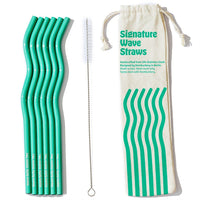
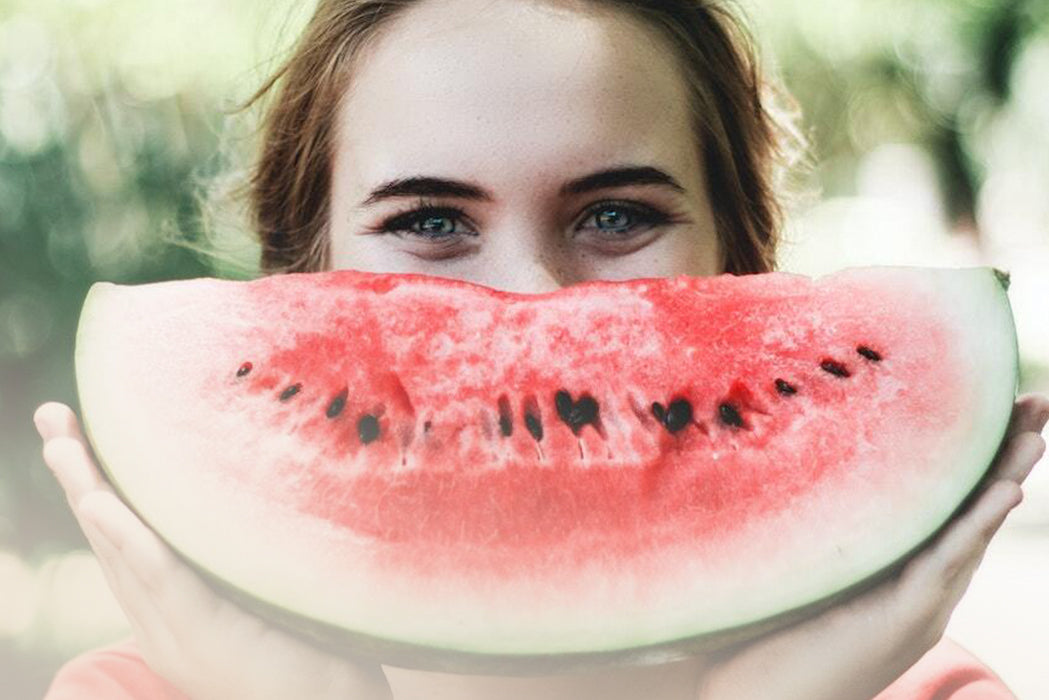
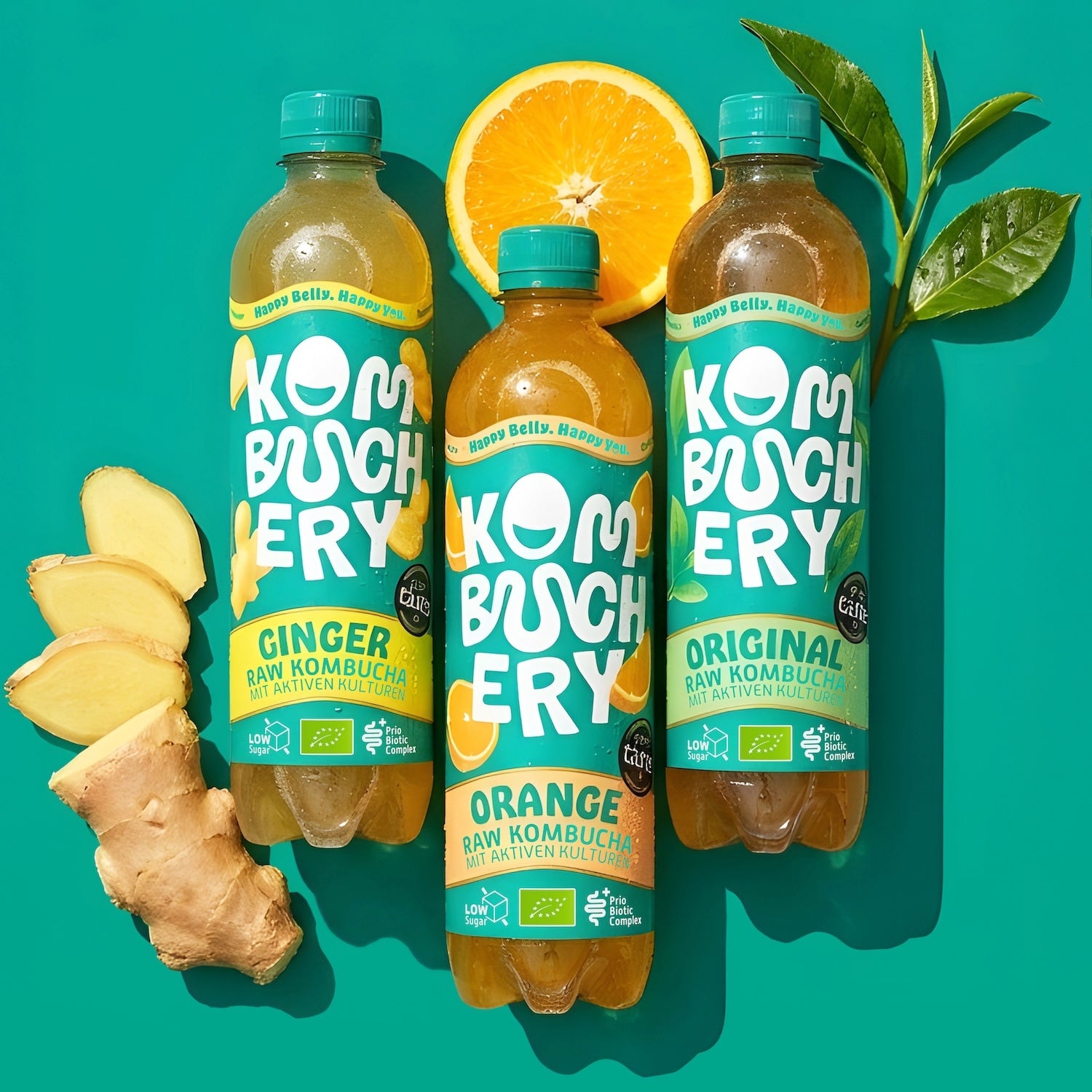
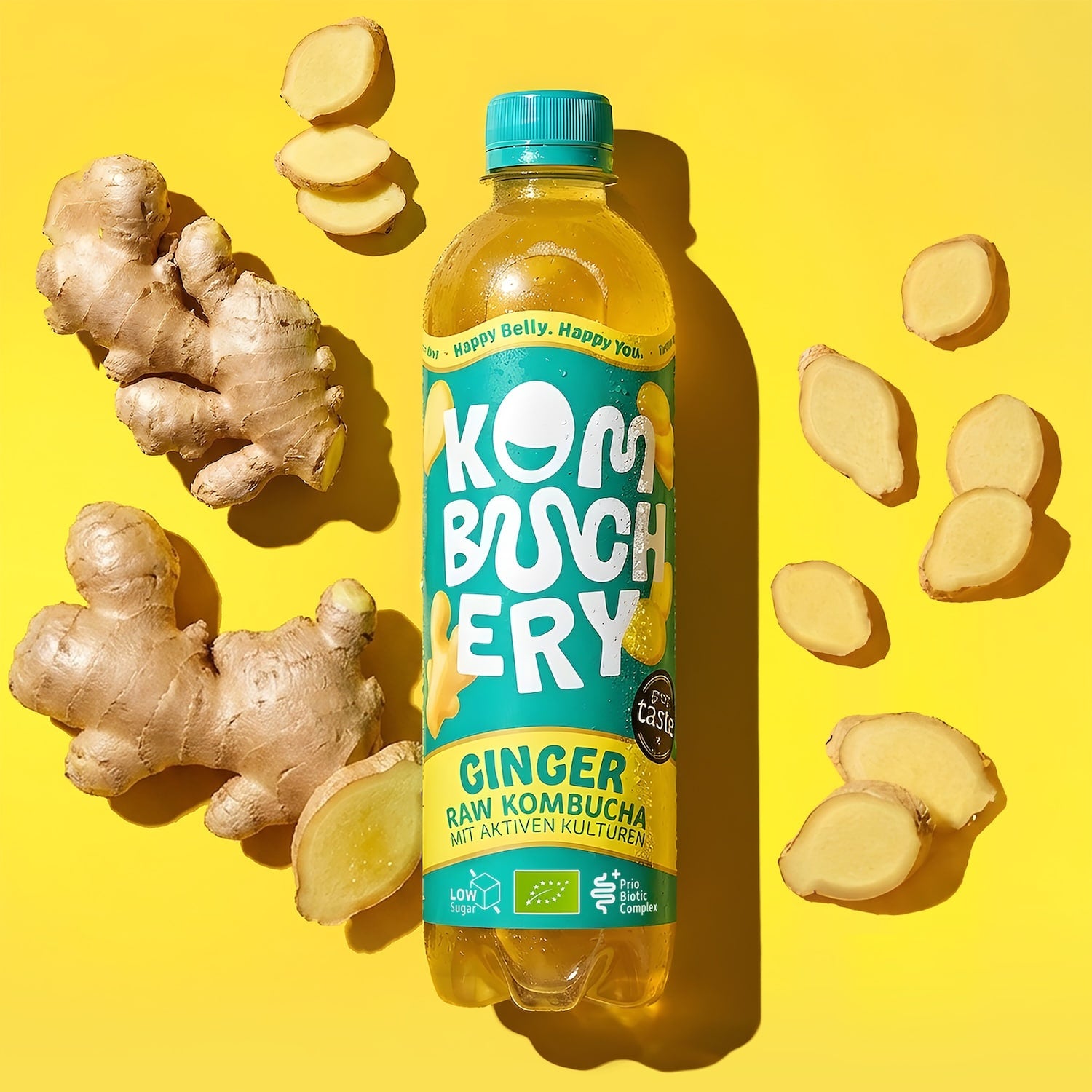
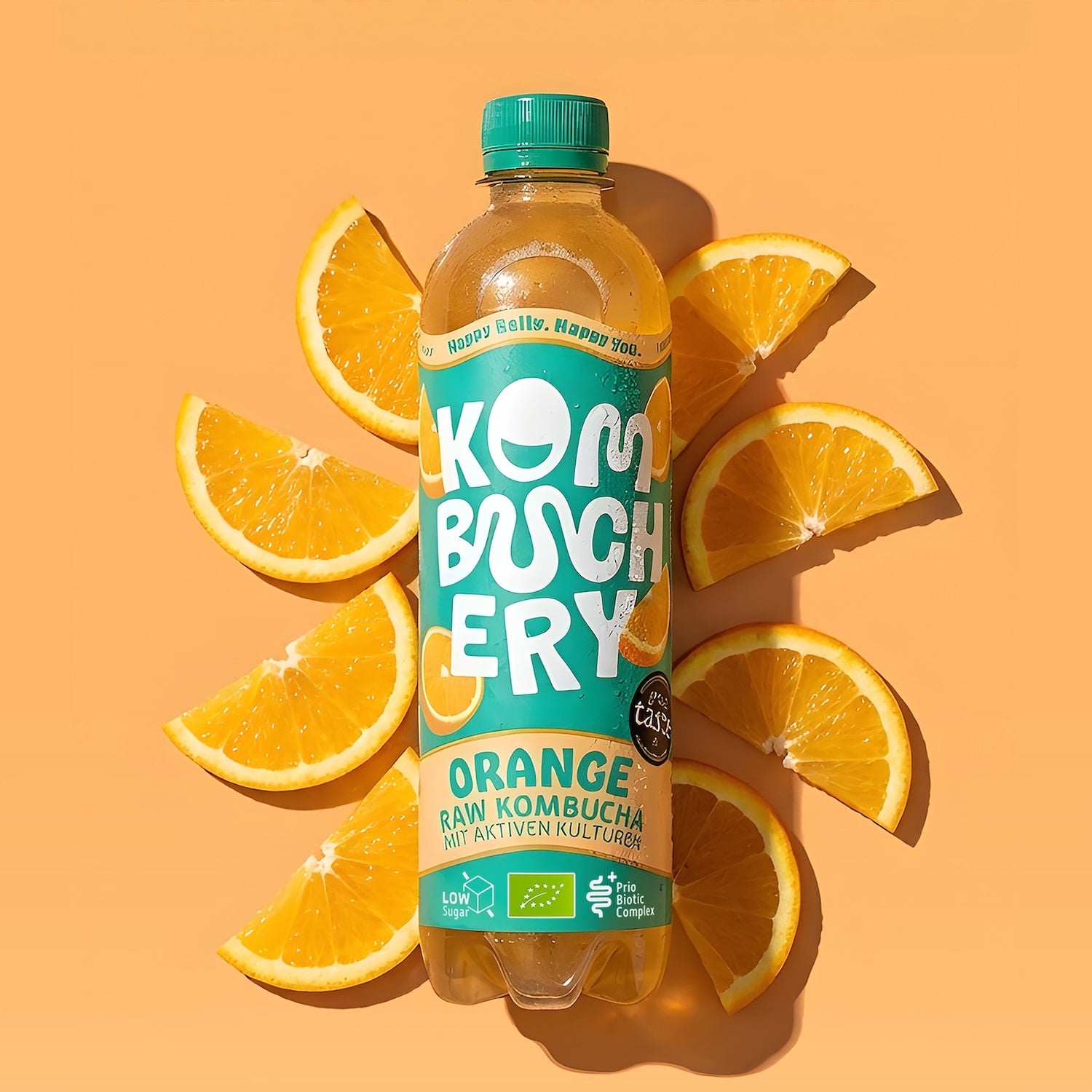
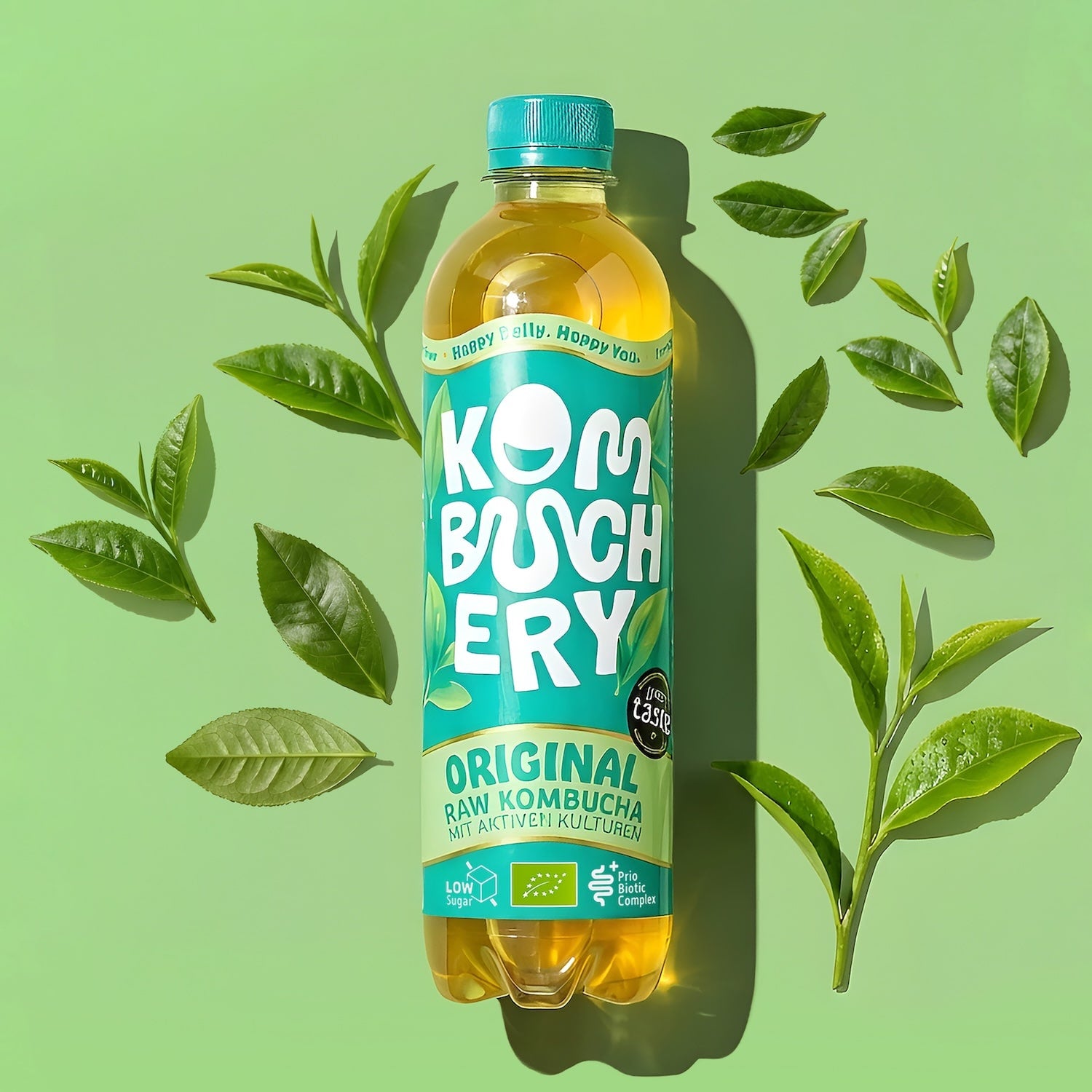
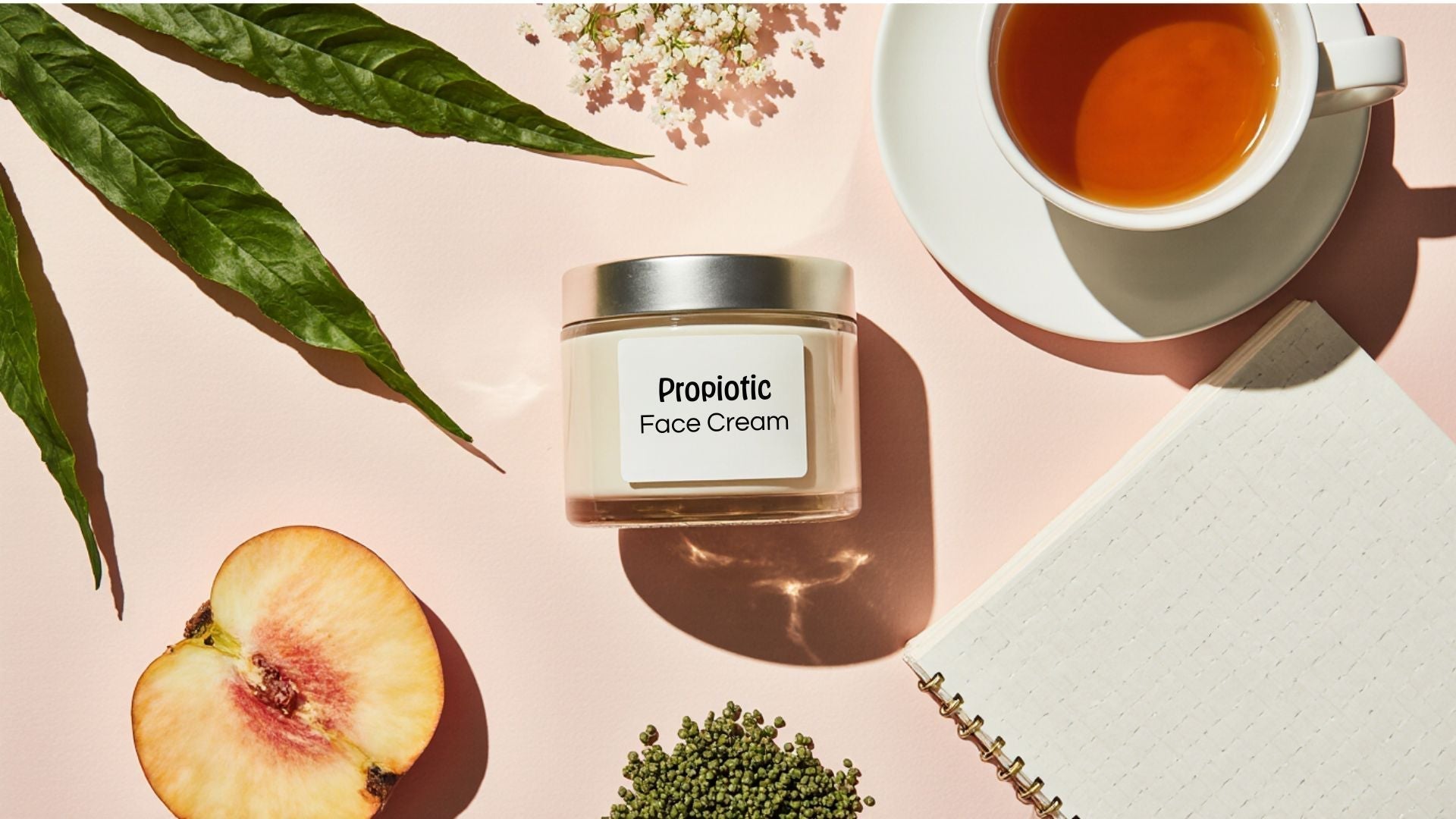
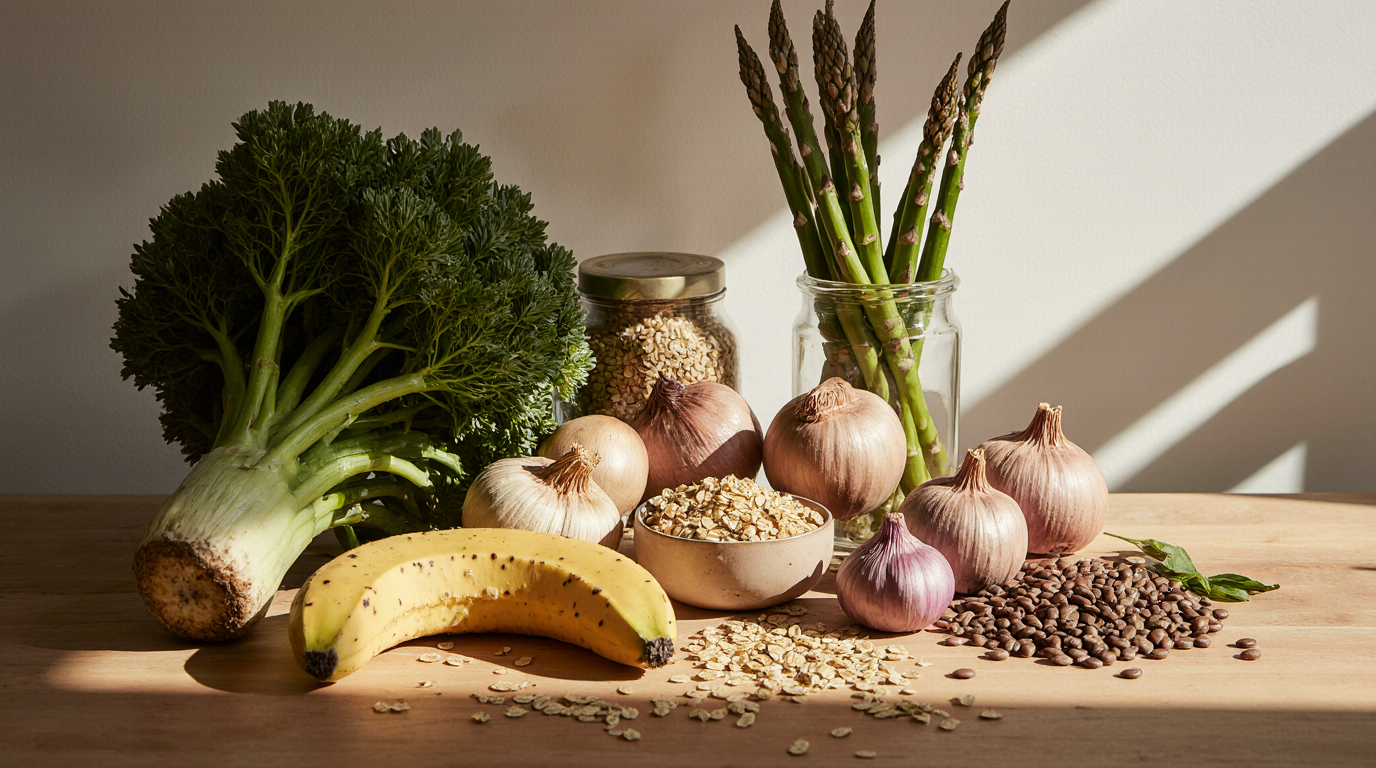

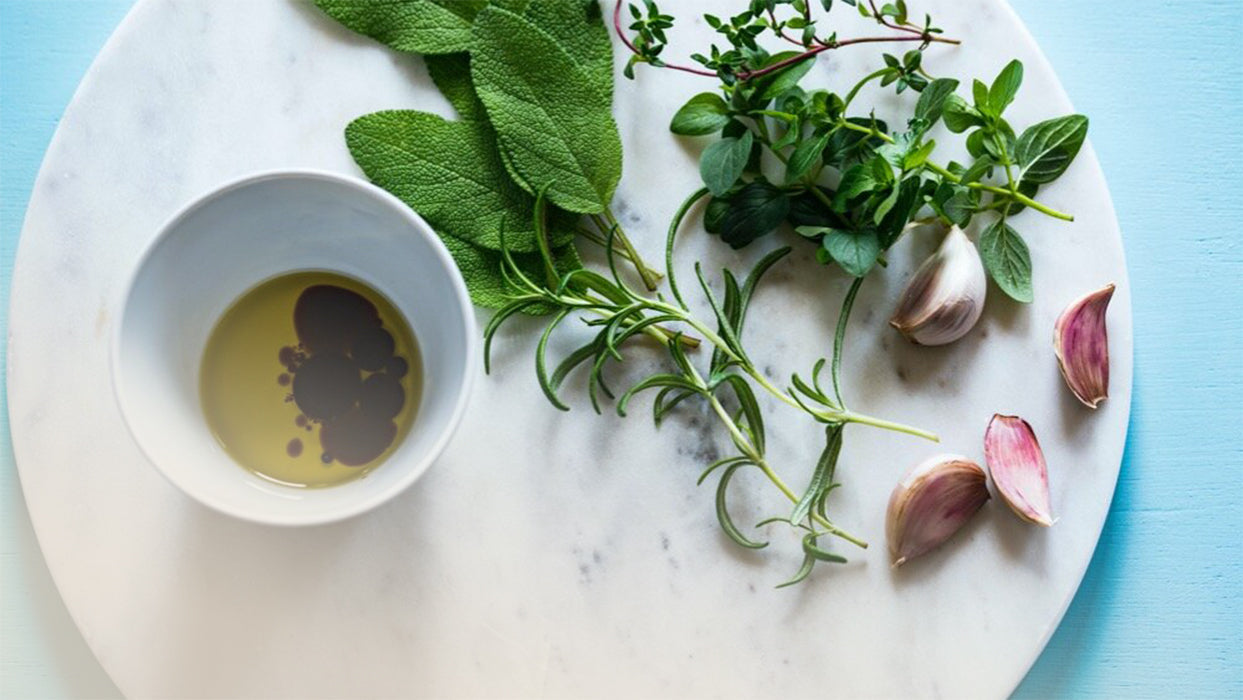

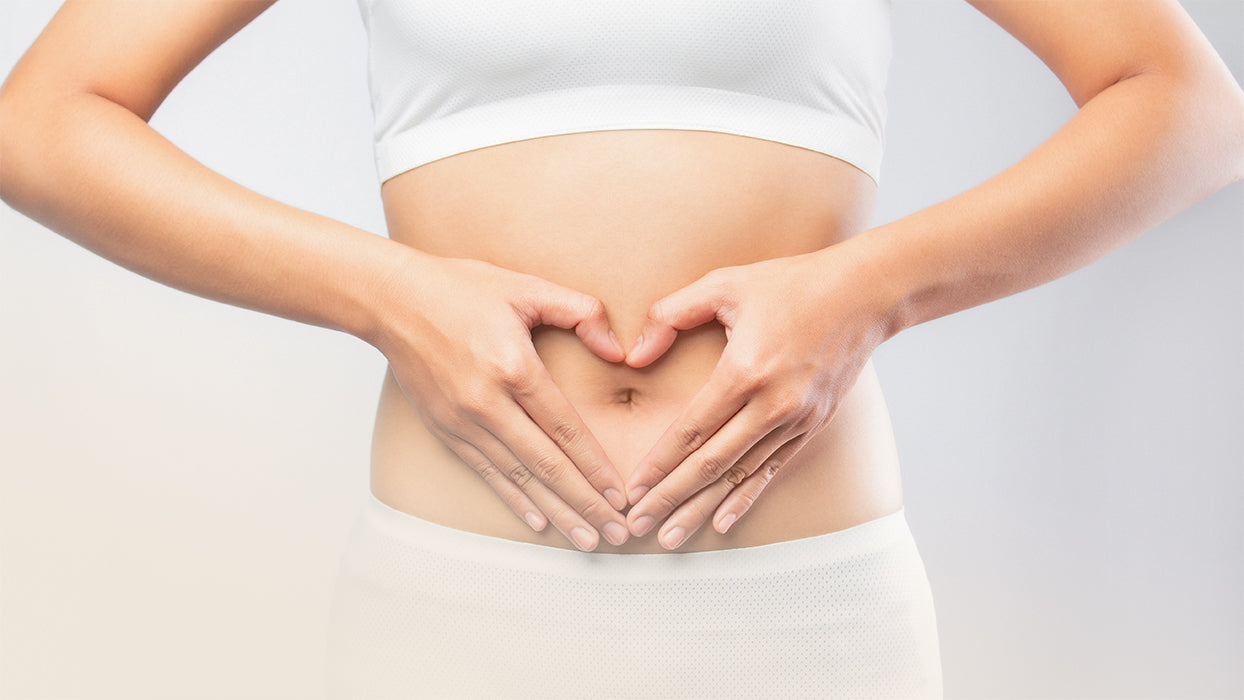
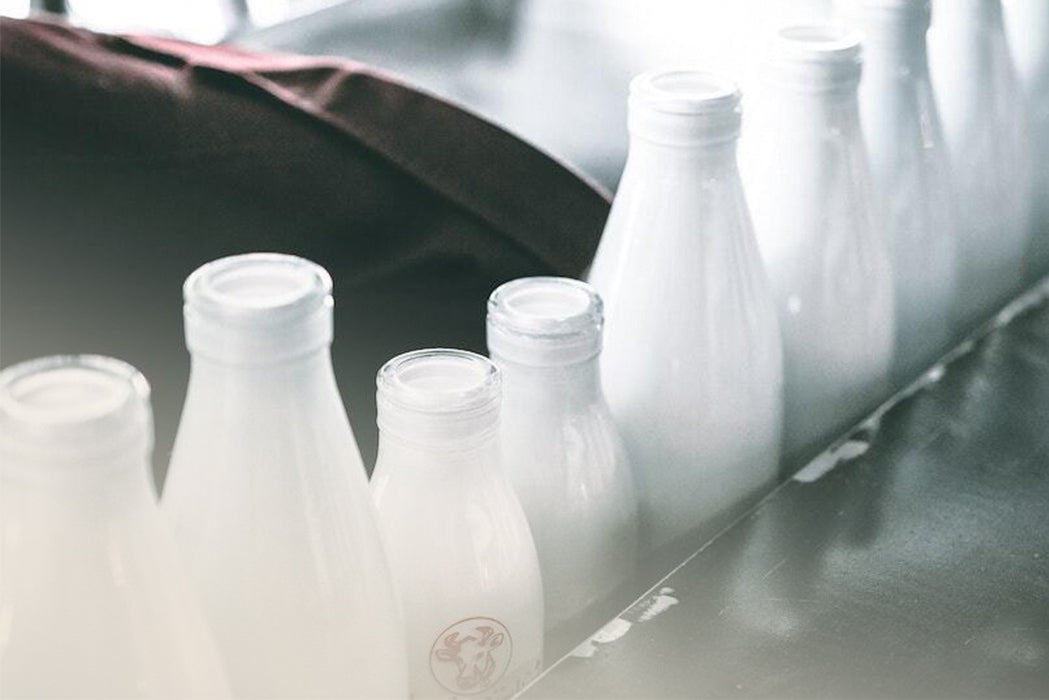
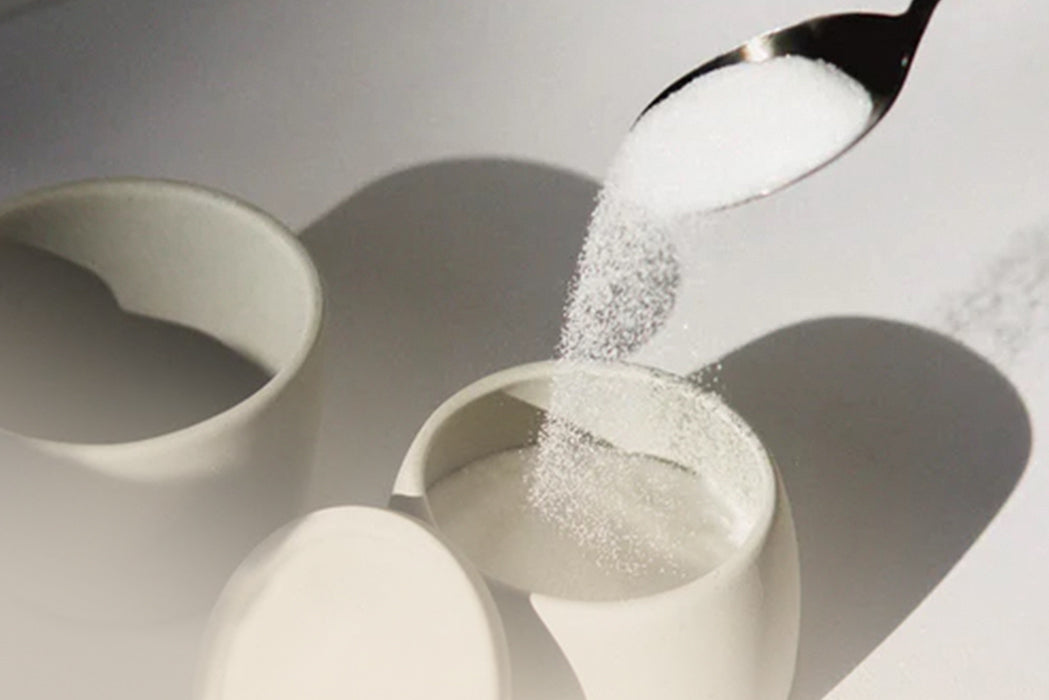
Teilen: